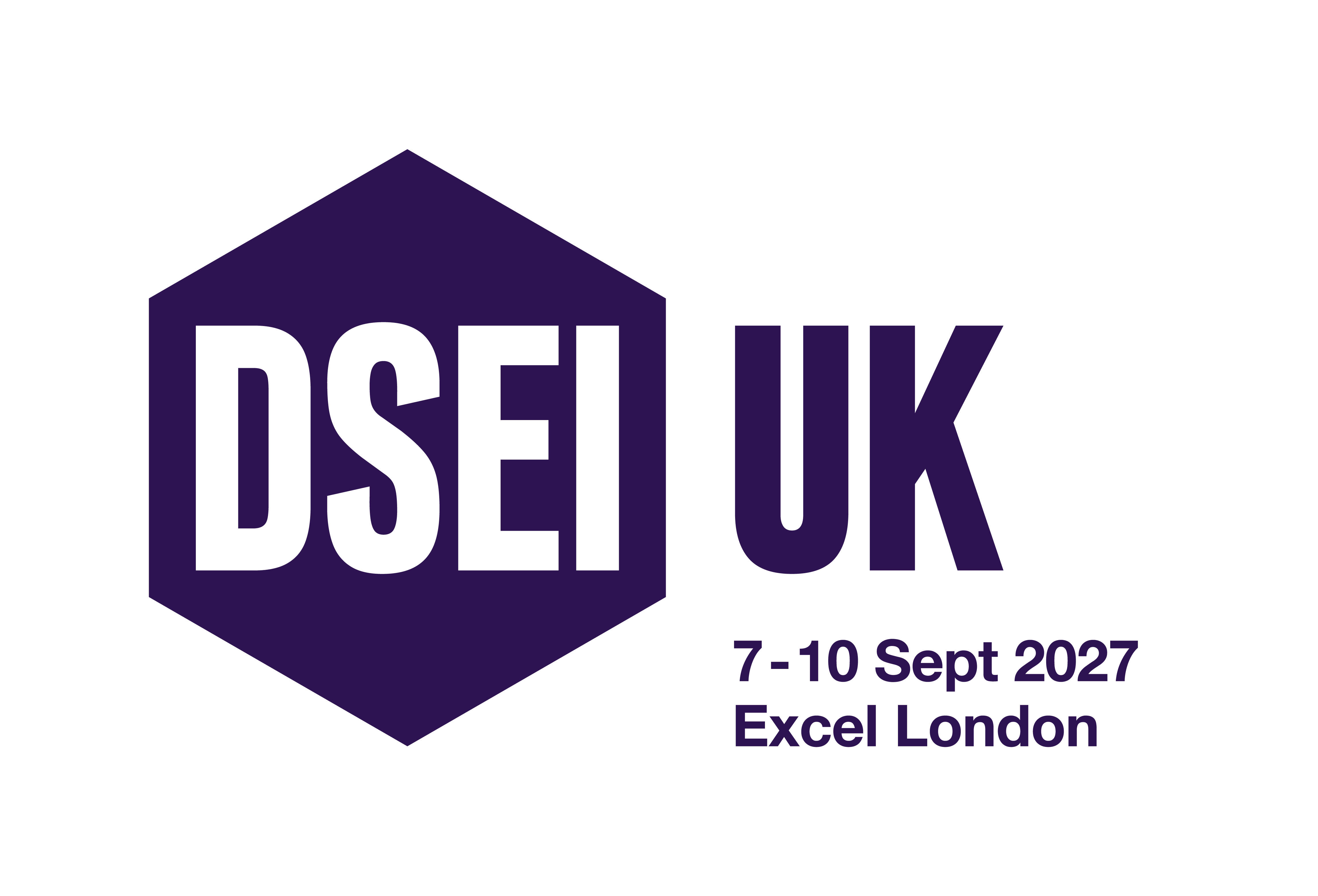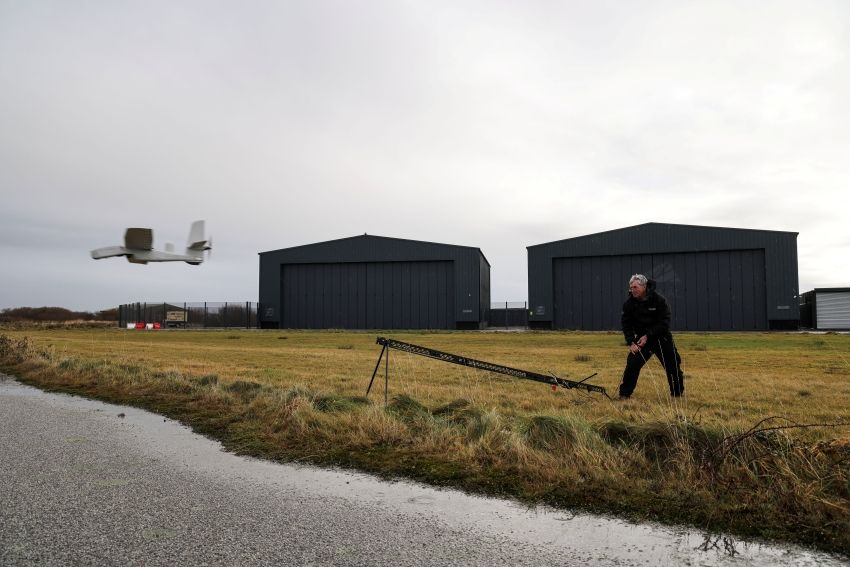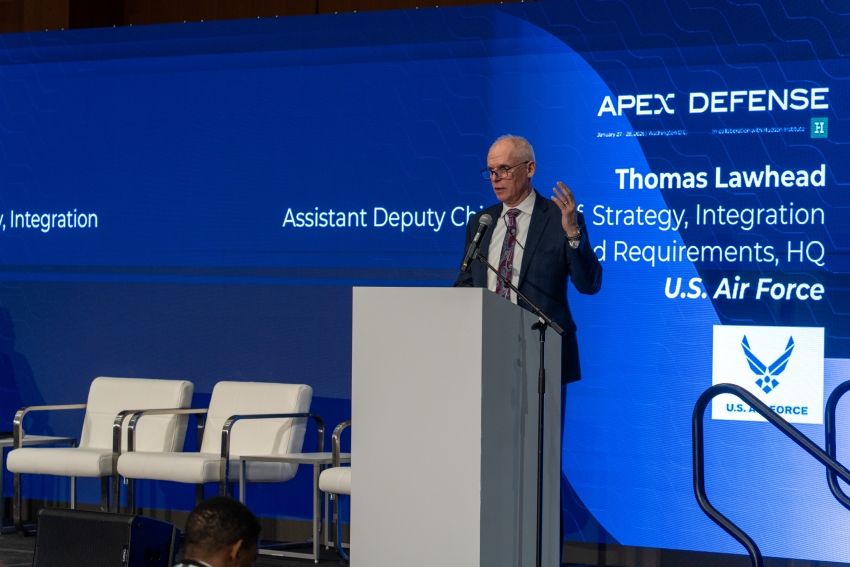Providing impartial insights and news on defence, focusing on actionable opportunities.
We're sorry, but we couldn't find any results that match your search criteria. Please try again with different keywords or filters.
Loading
-
It marks a major step-change in Canada’s approach to defence procurement.
-
It comes as the company announces its first dual-use spin-out.
-
Most of those competing are US-based small businesses.
-
The RFI suggests there is a growing need in NATO to manage the sheer volumes of OSINT data being collected.
-
It comes as UK Space Command seeks to become “a more intelligent customer”.
-
Startups and small businesses are eligible to apply.
-
Interested parties have a limited time to apply.
-
The ‘loyal wingman’ uncrewed systems will leverage AI for complex battlefield situations.
-
- News
- Europe
- SME
UK targets next tech unicorn with GBP20m defence fund
The fund specifically targets small, UK-owned companies that are new to defence. -
- News
- Americas
- Air
US seeks tactical wargaming system
The system could revolutionise tactical operations. -
- News
- Americas
- Joint
US counter-drone marketplace to reach FOC this year
The marketplace follows the establishment of the new small C-UAS JIATF-401 taskforce last year. -
- News
- Europe
- SME
UK launches Defence Office for Small Business Growth
The new office seeks to cut red tape and accelerate procurement with small companies. -
- News
- Americas
- Naval
US Navy lays out new naval warfighting plan
The plan aims to build out the US Navy’s lethality, complementing the new Golden Fleet initiative. -
While the ‘as-a-service’ model is common for software procurement, militaries are beginning to explore this approach to acquiring other military capabilities.
-
- News
- Europe
- Tech
UK launches call for C-UAS solutions
Participation is a minimum requirement for those looking to win UK Home Office C-UAS contracts.
277 Results

















